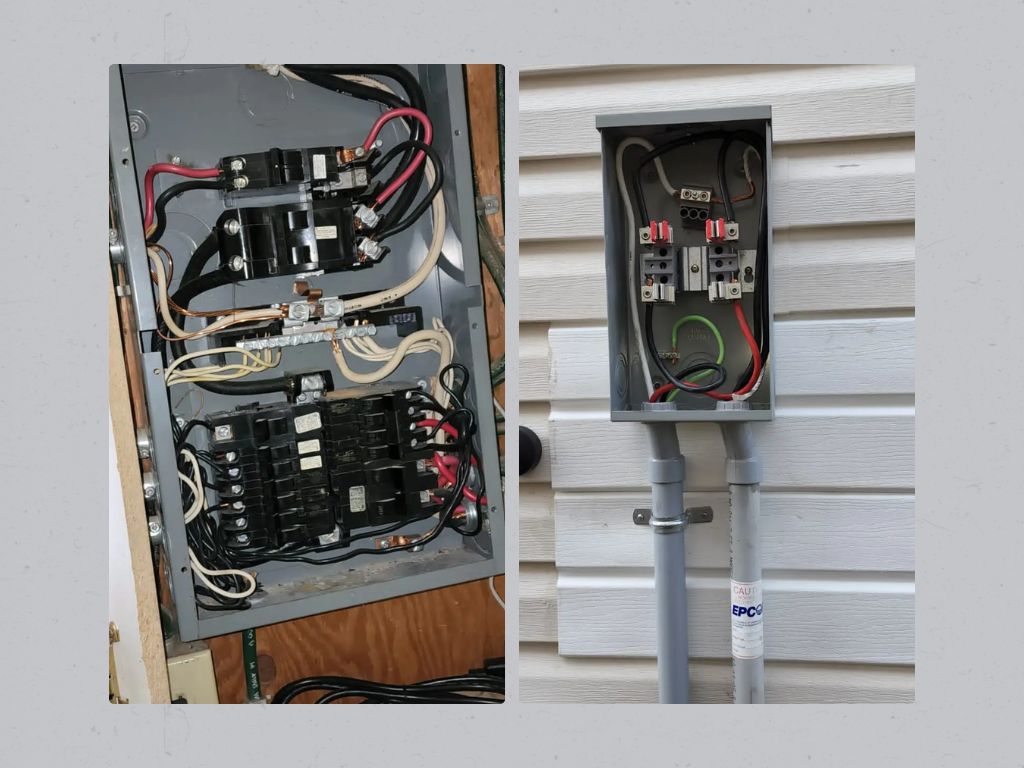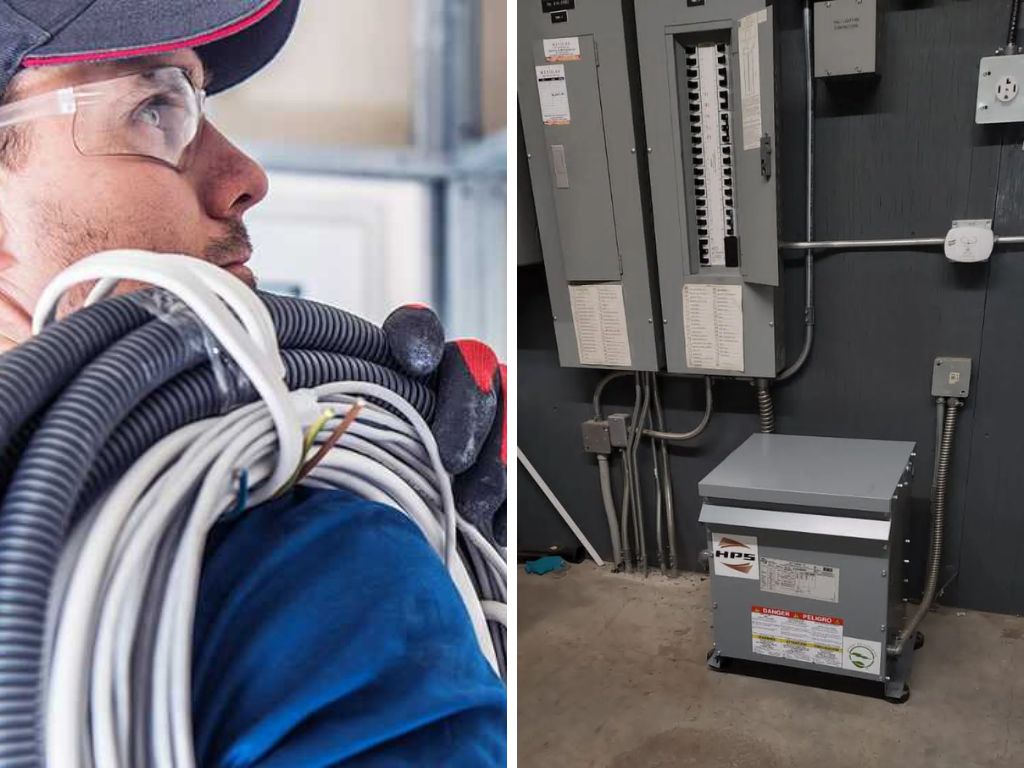How Smart Home Technology is Revolutionizing Residential Electrical Systems
In recent years, smart home technology has made significant strides in enhancing the way we live, bringing unprecedented convenience, security, and energy efficiency. This revolution extends to residential electrical systems, transforming how homeowners interact with their homes. As a leading electrician in Edmonton, Define Electrical is at the forefront of this transformation, providing top-tier services to ensure your home is equipped with the best and latest technology. Impact of Smart Home Technology on Electrical Systems: Enhanced Energy Efficiency Smart home devices, such as programmable thermostats, smart lighting, and energy-efficient appliances, help homeowners reduce their energy consumption. By integrating these technologies, you can monitor and control your energy usage, leading to significant savings on your electricity bills. Improved Safety and Security Smart security systems, including smart locks, cameras, and alarm systems, offer enhanced protection for your home. Additionally, smart smoke and carbon monoxide detectors provide real-time alerts, ensuring you and your family are always safe. Convenience and Control With smart home technology, you can control various aspects of your home from your smartphone or tablet. Whether it’s adjusting the thermostat, turning off lights, or managing your security system, smart home technology puts control at your fingertips. Key Services Offered by Define Electrical As a trusted Edmonton electrician, Define Electrical provides a range of services to integrate smart home technology seamlessly into your residential electrical systems. Here are some of the key services we offer: Electrical Panel Upgrades Upgrading your electrical panel is crucial to support the increased load from smart home devices. Our electrical panel upgrade and breaker panel upgrade services ensure your home’s electrical system is up to date and capable of handling modern electrical demands. Sub Panel Installation For larger homes or additional circuits, installing a sub panel can help distribute electricity more efficiently. Our sub panel installation service ensures your electrical system is well-organized and reliable. EV Charger Installation With the rise of electric vehicles, having a reliable charging station at home is essential. Define Electrical specializes in EV charger installation, providing you with a convenient and efficient way to charge your vehicle. Electric Panel Repair If you encounter any issues with your electrical panel, our electrical panel repair service ensures prompt and effective solutions to keep your home running smoothly. Why Choose Define Electrical? At Define Electrical, we pride ourselves on being the best electrician in Edmonton. Our team of experienced and certified residential electrical contractors is dedicated to providing top-notch services tailored to your needs. Whether you need a simple repair or a complete electrical system upgrade, we are here to help. Call to Action Ready to transform your home with smart technology? Contact Define Electrical, your trusted residential electrician in Edmonton, today! Visit our website or call us to schedule a consultation and learn how we can help you upgrade your home’s electrical system for a smarter, more efficient future.
How Smart Home Technology is Revolutionizing Residential Electrical Systems Read More »









